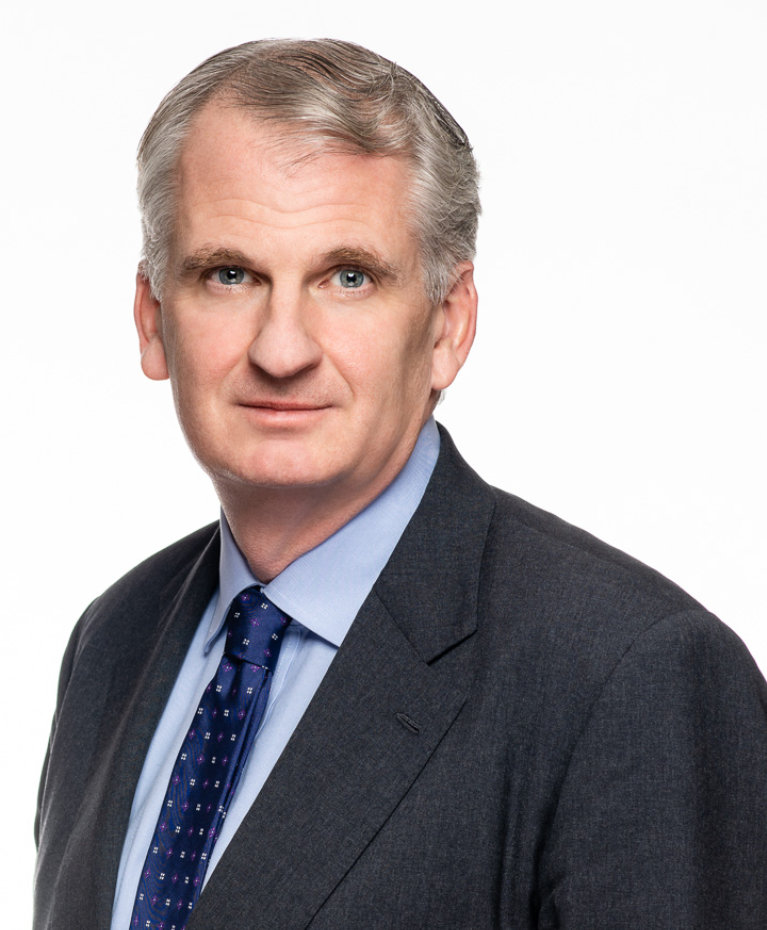
Richard C. Levin Professor of History and Global Affairs, Yale University
Fritz Stern Lecturer - Class of Spring 2024
Timothy Snyder is the Richard C. Levin Professor of History at Yale University and a permanent fellow at the Institute for Human Sciences in Vienna.
His chief books are Nationalism, Marxism, and Modern Central Europe: A Biography of Kazimierz Kelles-Krauz (1998); The Reconstruction of Nations: Poland, Ukraine, Lithuania, Belarus, 1569-1999 (2003); Sketches from a Secret War: A Polish Artist’s Mission to Liberate Soviet Ukraine (2005); The Red Prince: The Secret Lives of a Habsburg Archduke (2008); Bloodlands: Europe Between Hitler and Stalin (2010); Thinking the Twentieth Century (with Tony Judt, 2012); Black Earth: The Holocaust as History and Warning (2015); On Tyranny: Twenty Lessons from the Twentieth Century (2017); and The Road to Unfreedom: Russia, Europe, America (2018). Snyder is co-editor of The Wall Around the West: State Borders and Immigration Controls in Europe and North America (2001); Stalin and Europe: Terror, War, Domination (2013); and The Balkans as Europe (2018). His essays are collected in Ukrainian History, Russian Politics, European Futures (2014), and The Politics of Life and Death (2015). Snyder’s work has appeared in forty languages and has received about as many prizes. He has received state orders from Estonia, Lithuania, and Poland.
Snyder was a Marshall Scholar at Oxford, where he earned his DPhil, and has received the Carnegie and Guggenheim fellowships. Among other distinctions are the Emerson Prize in the Humanities, the Literature Award of the American Academy of Arts and Letters, Foundation for Polish Science prize in the social sciences, Leipzig Award for European Understanding, Dutch Auschwitz Committee award, and Hannah Arendt Prize in Political Thought. Snyder has appeared in media around the world, including major films, and speaks five and reads ten European languages.

